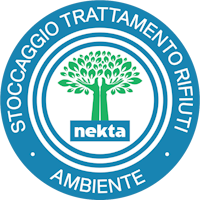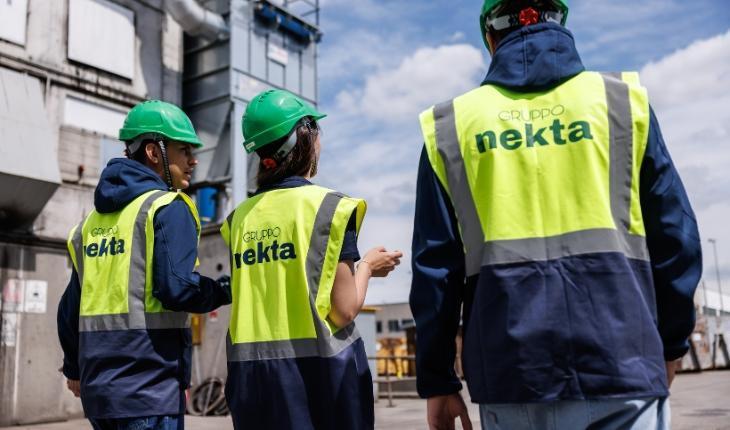For proper waste management, we need to know the European Waste Code (EWC), respecting the guidelines described in the legislation in force since 01/01/2002.
The EWC code allows us to identify the type and classification of the waste, information used by plants specialised in the management of certain codes to proceed with the subsequent disposal and recovery phases.
There are two types of waste:
- Municipal waste: generated by households
- Special waste: generated by production activities, such as companies or industries
Waste can be further classified within each category as:
- Hazardous waste
- Non-hazardous waste
Waste classification is a fundamental step in determining the EWC code. Classification errors lead to the management of the incorrect EWC code, compromising the proper disposal of the waste.
The EWC is a six-digit identification code, grouped in pairs, assigned to each type of waste based on its composition and process of origin.
Specifically, the pairs identify:
- First pair (class): the waste production sector and family of origin
- Second pair (subclass): the process and/or treatment having generated the waste
- Third pair (category): the individual type of waste





